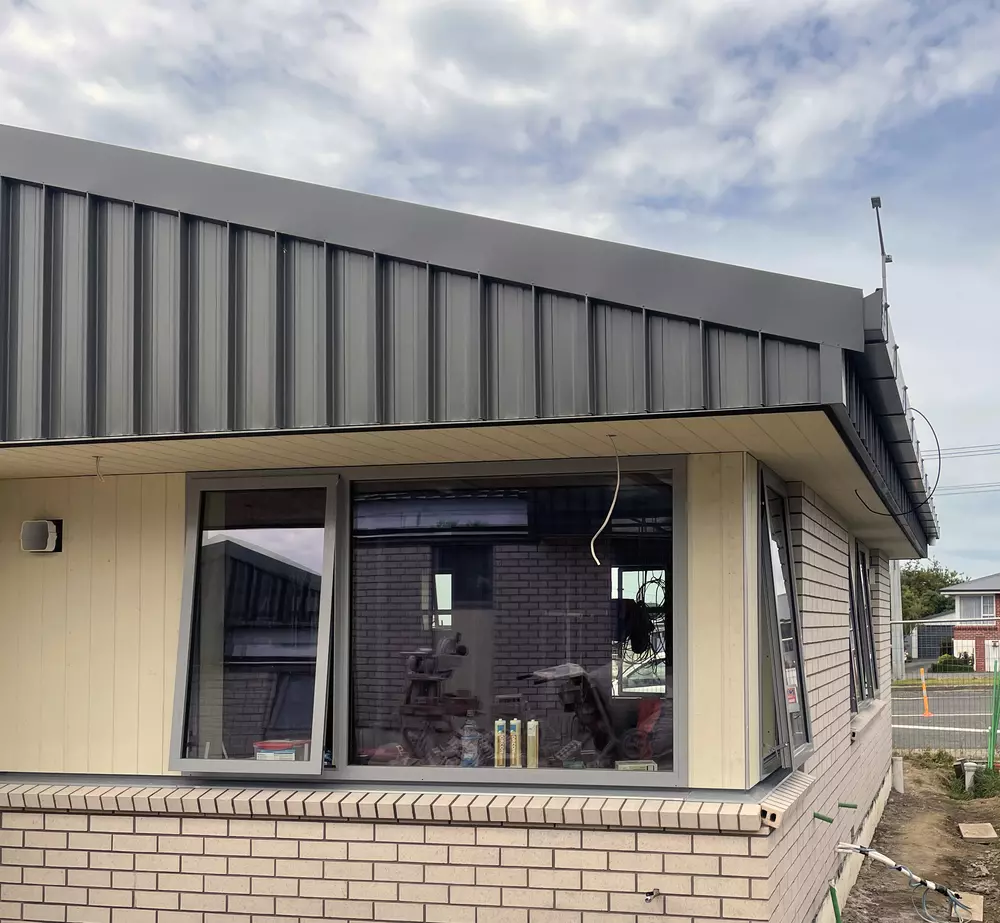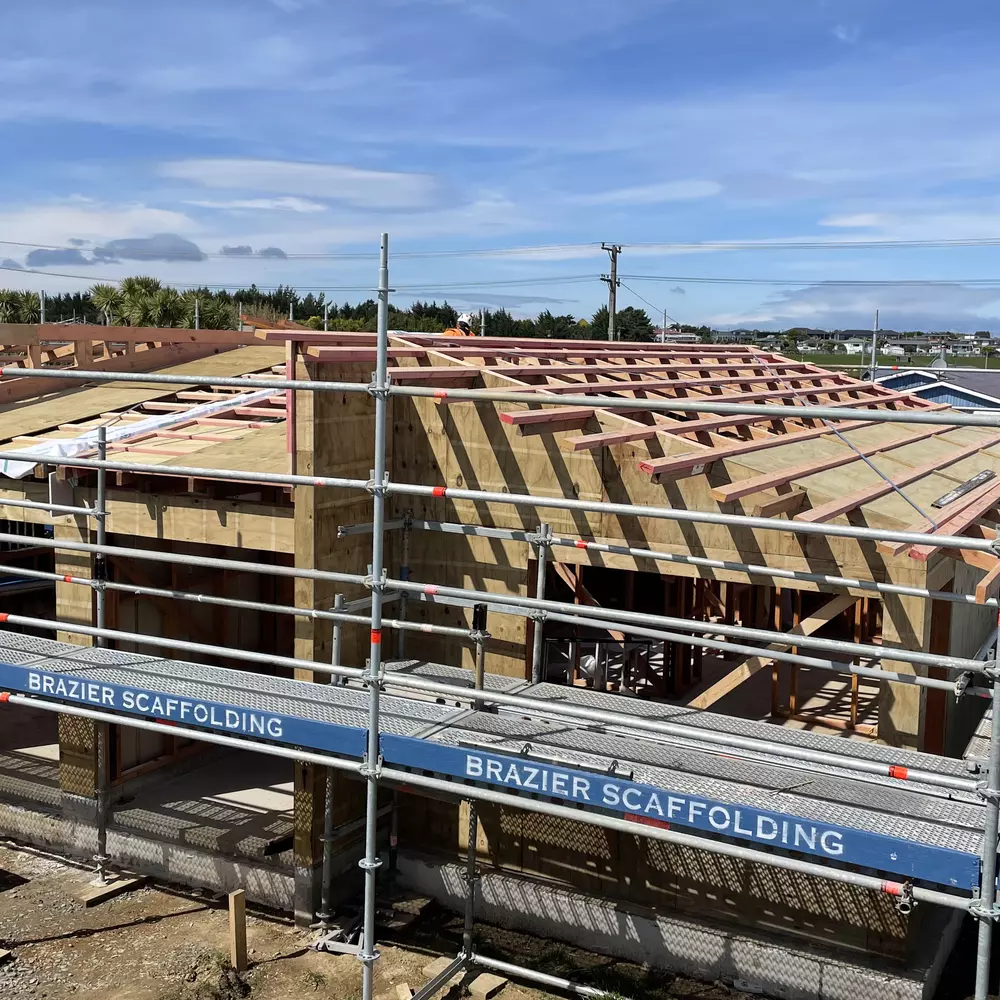News
Housing Innovation Project nearing completion
Amalgamated Builders Invercargill are proud to be part of this project with Invercargill City Council.
The four energy-efficient homes being built by the Invercargill City Council are expected to be finished by the end of March
The work on two Stirrat St blocks, each containing two units, started in July last year.
Council project management office programme director Lee Butcher said the units were part of the council’s Housing Innovation project, which aimed to revitalise its housing portfolio.
"It aims to provide council housing tenants with units that are warm, economical and built to last," he said.
The units’ energy-efficient, passive design was intended to raise the tenants’ level of comfort.
"We have taken a blended approach to the design, where we have taken the benefits of passive design and made cost-effective and practical decisions to allow council to roll out the units as a model that is both future-proofed, durable and cost-effective to operate and build," Mr Butcher said.
"If there is one thing we know about the climate here it is that it can get really cold for an extended period of time.
"Our climate can be challenging, especially in winter. Anything we can do to help mitigate the effects of the cold and damp for our tenants is our focus.
"These houses will ensure that some of our most vulnerable people are warm and healthy."
Mr Butcher said he hoped the project would help to set a precedent and encourage others to build similar energy-efficient houses, and exceed the healthy home standards.
The units had been built using modern, sustainable materials and were designed to be economical to heat, stay warm and dry, and be easy to repair or renovate.
Passive houses needed certification to be exempt from the healthy home standards for fixed space heaters.
Seechange sustainability consultant Nigel Murray said he would be checking the units for uncontrolled drafts and air leaks which could make rooms more difficult to heat or cool.
While the units had some elements of passive housing, the above-code units would not be officially certified, he said.
But he supported the council’s initiative.
"Who ... should be more deserving [of these units] than our elderly who have low incomes and more health issues?" Mr Murray said.
The quality of the building made a huge difference to the comfort and health of the occupants, he said.
"It’s where affordable housing should all be — the highest quality."
Mr Butcher said the pilot project aimed to modernise the council’s housing services.



